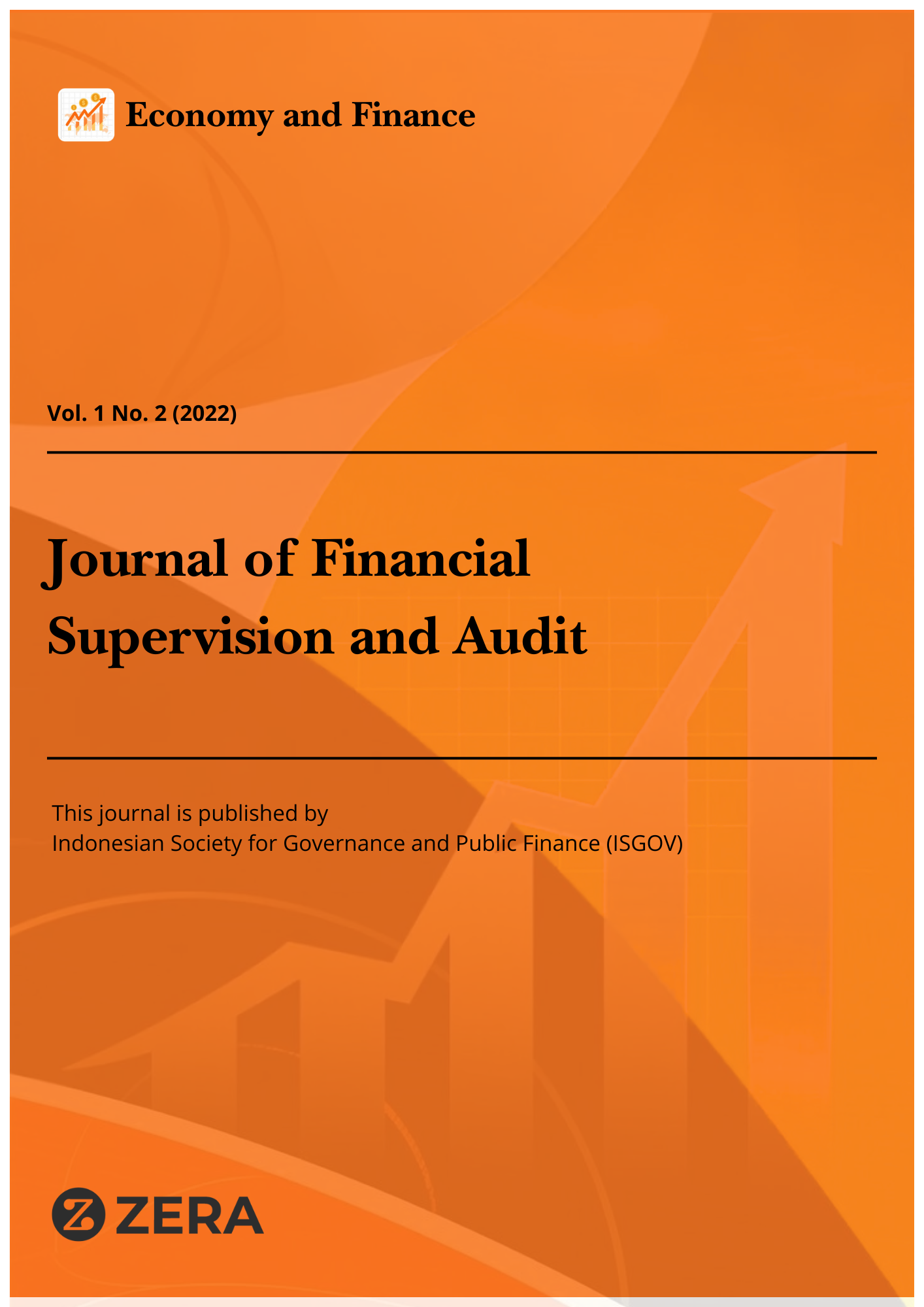Keywords:
Audit Quality, Auditor Competence, Auditor Independence, Rotation Policy, State-Owned Enterprises (SOEs)Abstract
This research examines the influence of auditor competence on the quality of audits conducted within State-Owned Enterprises (SOEs). The study emphasizes how professional expertise, technical proficiency, accumulated experience, and auditor objectivity contribute to the credibility, transparency, and reliability of financial statements subjected to audit. Auditor competence is considered essential not only for ensuring compliance with auditing standards but also for fulfilling the information needs of stakeholders who depend on accurate financial reporting for decision-making. Furthermore, the study investigates the effects of auditor tenure and audit rotation policies on audit quality. While extended tenure can strengthen client-specific knowledge, it also carries the risk of diminishing auditor independence. On the other hand, rotation practices may safeguard independence, but overly frequent changes could reduce audit effectiveness. The findings suggest that maintaining an optimal balance between tenure and rotation, combined with continuous professional development, is vital to enhancing independence, objectivity, and overall audit quality in SOEs.


